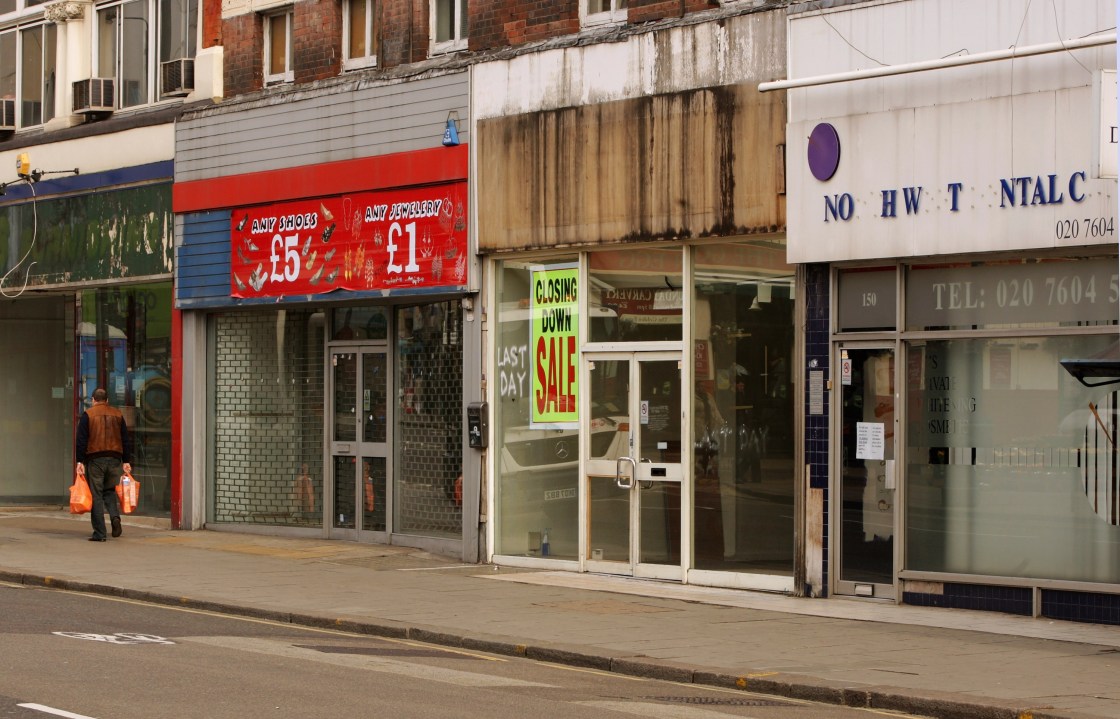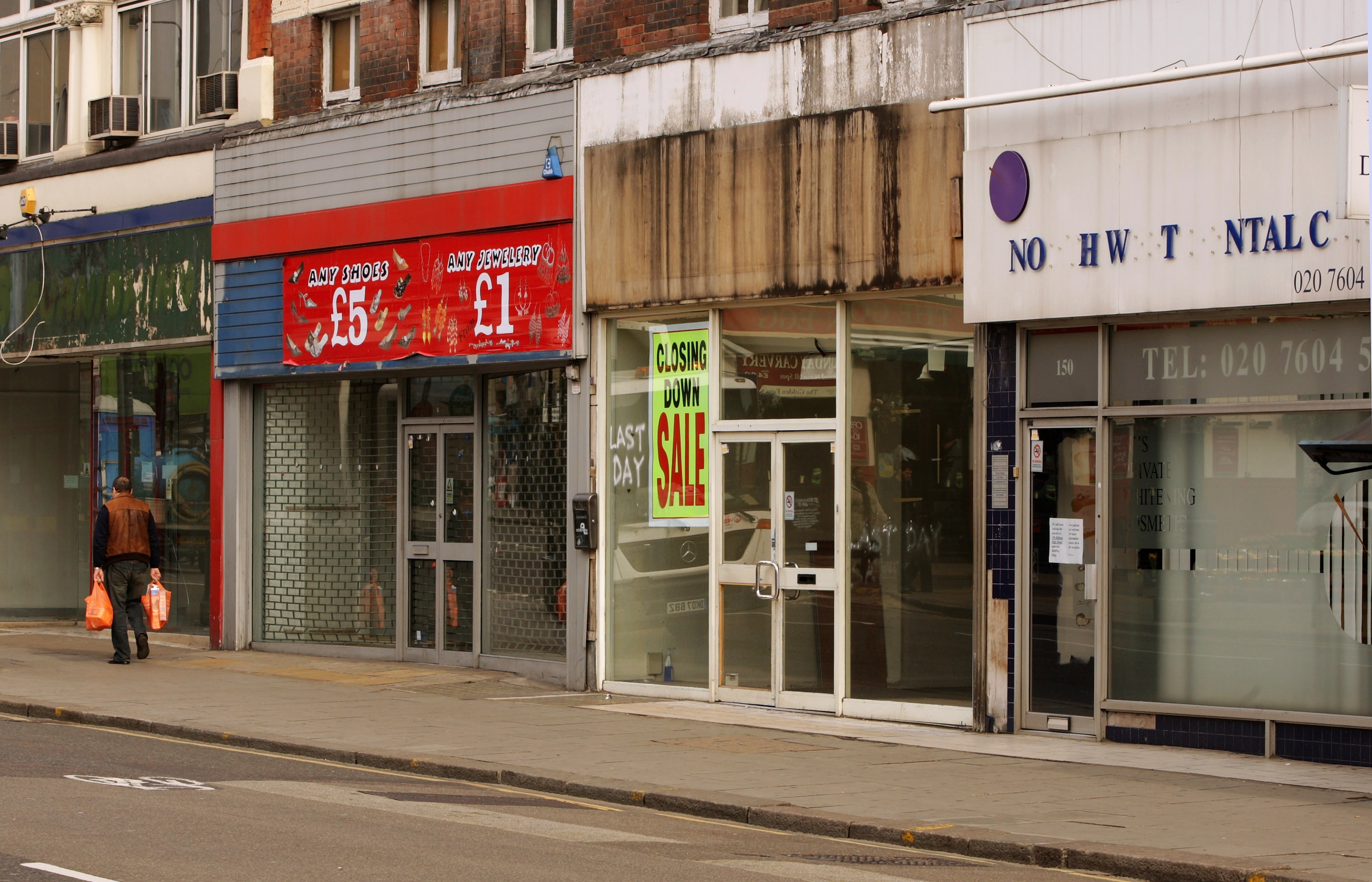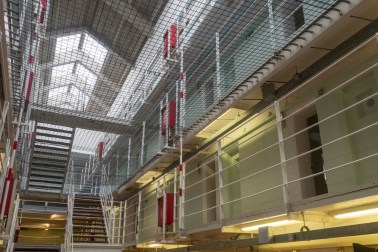The economy would tank. Trade would collapse. Unemployment would soar, and house prices would sink. In the run-up to the referendum, and in the three years of tortured negotiations about leaving since then, we heard lots of dire warnings about what would happen to the economy if we left the EU. And yet we heard very little from the same experts – the Bank of England, the CBI and so on – about what would happen if we didn’t leave at the end of March. And yet it turns out that the British economy has contracted sharply, not because we left the EU, but because we didn’t leave. We are heading into a Remain Recession, and the only fix for it now is to finally complete our departure.
According to figures out today in April the British economy shrank by 0.4 per cent in April, the worst monthly figure since 2016, led downwards by construction and manufacturing output. That comes on the back of a string of worrying numbers. Car sales were down nearly five per cent in May. Retail sales saw their biggest decline on record in May, according to the British Retail Consortium. House prices are starting to fall. All the main indicators suggest that an economy that was in decent although far from spectacular shape in the first quarter of the year has started to slow sharply from the beginning of April.
In truth, it is not hard to work out what has happened. The economy was prepared for our departure from the EU on 29 March, and has been damaged by Parliament’s decision to postpone that. There are three reasons why we should expect a Remain Recession. First, stock-piling is being unwound, as we saw in the figures released today. Plenty of companies filled their warehouses in case we left without a deal, and now that we haven’t they are emptying them again. That will work itself, but it will take some time.
Next, and more seriously, the uncertainty is being prolonged, and political instability is rising. Right now, no one has any idea whether we are leaving or not, or on what possible terms, we don’t have a government to speak of, and the two-party system is in meltdown.
You would have to work pretty hard to come up with a less stable system, and that is hitting confidence and investment. Finally, with the British no longer around, the EU is already moving in far more statist, high-tax direction, and we are getting trapped by that. Our businesses are stuck with all the costs of EU regulations, with no input into shaping them, and with none of the opportunities for reform that come with leaving. It is a sort of permanent partial membership, which will turn into the worst possible outcome.
We heard lots of warnings about the damage that would be done by a no-deal Brexit in the run-up to the March deadline. In fact, most of it was wildly hysterical. We have no way of knowing for sure what happens to an economy that tumbles out of the EU, for the simple reason that no one has ever tried it before.
But while there would have been some disruption, it probably could have been dealt with. In fact, it is now becoming clear it would have been better for the economy simply to have left on 29th March. Sure, there would have been some chaos. But there has been a hit anyway. If the main economic and business lobbies had been making that argument in March we would be in a better place by now. At this point, prolonging the turmoil and uncertainty around our membership of the EU is turning into a genuine drag on the economy – and it will only start to recover robustly once we are finally out.







Comments